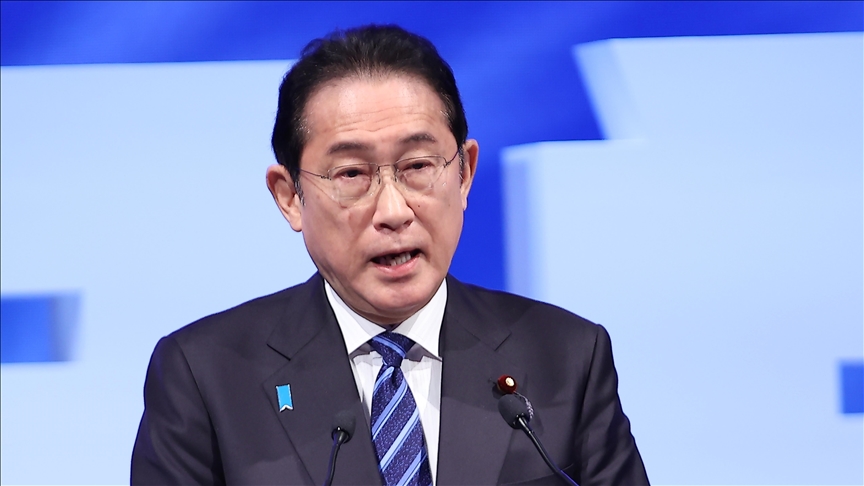Iraq war brings economic distress to Turkey
To ensure the stability of NATO’s only Muslim member President Bush has asked Congress for a $1 billion grant to help the Turkish markets recover.
The request highlights Turkey’s crucial role as a secular, democratic government in an unstable region where the United States is now at war.
But it is a far cry from the $6 billion carrot that Washington offered Turkey to allow 62,000 U.S. troops to open a northern front against Iraq, a request the Turkish parliament voted down.
The war is extremely unpopular in Turkey, with polls showing that up to 94 percent of Turks oppose the fighting.
The $6 billion offer had raised hopes that the economy would emerge from a two-year-old economic crisis that has claimed some two million jobs. Instead, its withdrawal shook financial markets.
The Turkish lira dropped to its lowest level ever Monday, at 1,746,000 to the dollar.
Analysts worry that acrimony on Capitol Hill over Turkey’s refusal to grant the U.S. basing rights might diminish Washington’s political and economic support.
U.S. Deputy Defense Secretary Paul Wolfowitz told a Congressional subcommittee Thursday that Turkey’s decision ”was a big, big mistake,” but acknowledged that ”Turkey’s economy is in difficult circumstances and that is not good for us.”
Without Washington’s backing, market turmoil could continue, making it more difficult for Turkey to maintain year-end growth and inflation targets and stick to a $16 billion economic recovery program backed by the International Monetary Fund. Washington’s support was key in obtaining IMF loans.
Turkey has its first one-party government in almost 15 years and some analysts say that market turmoil could destabilize the government.
Then there’s the war, which has stoked fears that Iraq could fragment, leading Iraqi Kurds along the Turkish border to declare a separate state and serve as an inspiration to Turkish Kurds living on the other side. Turkey battled Kurdish guerrillas within its own borders for 15 years, a fight that left 37,000 dead.
Turkey has said it would send forces into northern Iraq to prevent a refugee crisis or to stop Iraqi Kurds from trying to carve out their own state.
But the United States is keen to keep Turkey out of the war.
Turkey backed off somewhat, earlier this week, saying that it will only intervene if there is a refugee crisis or if its security were threatened.
That announcement and news of U.S. aid have encouraged Turkish markets, which rose, and interest rates fell to around 65 percent.
”We’re not in a red alert for Turkey’s debt rollover yet,” said Hakan Avci, strategy analyst at Global Securities in Istanbul.
Turkey has more than $150 billion in total debt, almost evenly divided between foreign and domestic creditors.
Still, analysts caution Bush’s aid package requires approval from the U.S. Congress, where sentiment against Turkey has been running high because of its handling of the U.S. basing requests.



